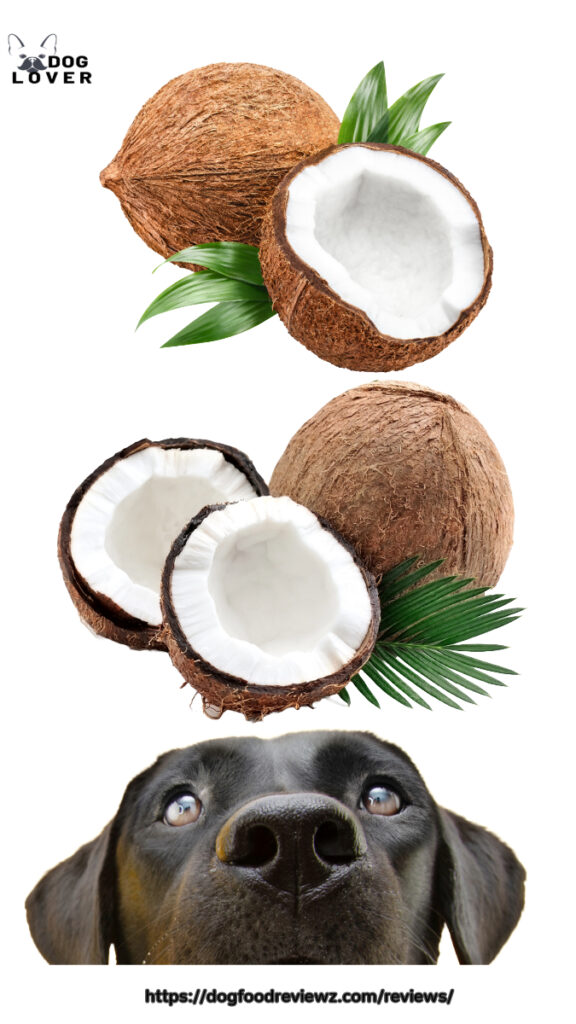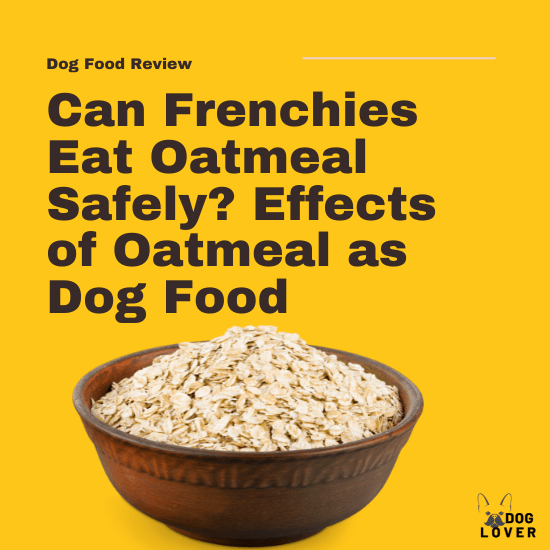Can dogs eat coconuts?
Yes, dogs can safely eat coconut when served properly and in moderation.
Dogs can consume coconut meat (raw or dried), coconut oil, and coconut water.
This tropical fruit offers numerous health benefits for dogs, being rich in vitamins, minerals, fiber, and antioxidants.

Benefits of Coconut for Dogs:
- Improves energy levels through easily digestible fats and carbohydrates
- Strengthens the immune system with antioxidants and lauric acid
- Supports healthy skin and coat health
- Reduces inflammation and helps with wound healing
- Promotes cognitive function, especially beneficial for aging dogs
- Provides hydration through coconut water
- Contains essential minerals like potassium, calcium, manganese, and zinc
Safe Serving Guidelines: The recommended daily amounts based on dog size are:
- Up to 10 lbs: ¼ teaspoon
- 10-20 lbs: ½ – 1 teaspoon
- 20-50 lbs: 1 – 1½ teaspoons
- Over 50 lbs: Up to 2 teaspoons
Safe Coconut Forms:
- Coconut oil
- Coconut milk (in moderation)
- Coconut flour
- Coconut water
- Coconut flakes
- Plain coconut meat
Potential Risks:
While coconut is generally safe, there are some considerations:
- The shell should never be fed to dogs as it poses a choking hazard
- Excessive consumption can cause gastrointestinal issues due to medium-chain triglycerides
- High-calorie content can contribute to weight gain if overfed
- Some dogs may have coconut allergies (though rare)
Special Considerations:
- Diabetic dogs can safely consume coconut as it helps regulate blood sugar levels
- Nursing dogs can benefit from coconut’s minerals
- Dogs with kidney disease can safely eat coconut in moderation
- Coconut can help relieve diarrhea due to its fiber content
- Overweight dogs should have limited coconut due to its high-fat content
Signs of Coconut Allergy:
Watch for symptoms such as:
- Itchy skin
- Hair loss
- Hives
- Digestive issues
- Ear infections
Tips for Feeding:
- Always introduce coconut gradually to monitor for adverse reactions
- Remove the shell completely before feeding
- Avoid coconut products with added sugars or artificial sweeteners
- Choose unsweetened, plain coconut products
- Consider combining coconut with other safe fruits like pineapple or banana for variety
Coconut Recipes for Dogs
Coconut is a nutritious ingredient that can enhance your dog’s meals or treats. Here are three simple recipes to try:
Coconut and Banana Treats
Ingredients:
- Coconut flour
- Peanut butter
- Mashed banana
- Honey
- Coconut oil
- Almond milk
Instructions: Preheat oven to 300°F (150°C). Mix an egg, peanut butter, mashed banana, coconut oil, and honey in a bowl. Add coconut flour and almond milk to form dough. Scoop onto a cookie sheet and bake for 20-25 minutes. Cool before serving.
Banana and Blueberry Smoothie
Ingredients:
- 1 ripe banana
- Blueberries
- Ice cubes
- Peanut butter
- Coconut oil
Instructions: Blend all ingredients until smooth. Serve based on your dog’s size. Store leftovers in the fridge for up to 3 days.
Coconut, Honey, and Peanut Butter Biscuits
Ingredients:
- Coconut flour
- Egg
- Peanut butter
- Coconut oil
- Honey
- Baking powder
Instructions: Preheat oven to 375°F (190°C). Mix all ingredients with water as needed for dough. Roll out, cut shapes, and bake for 15-20 minutes. Cool before serving.
Can Dogs Eat Coconuts?-The Bottom Line
The bottom line is that coconut can be a healthy addition to your dog’s diet when given appropriately.
Start with small amounts and monitor your dog’s reaction. If any adverse effects occur, discontinue use and consult your veterinarian.
Remember that while coconut offers many benefits, it should be treated as a supplement rather than a primary food source.


